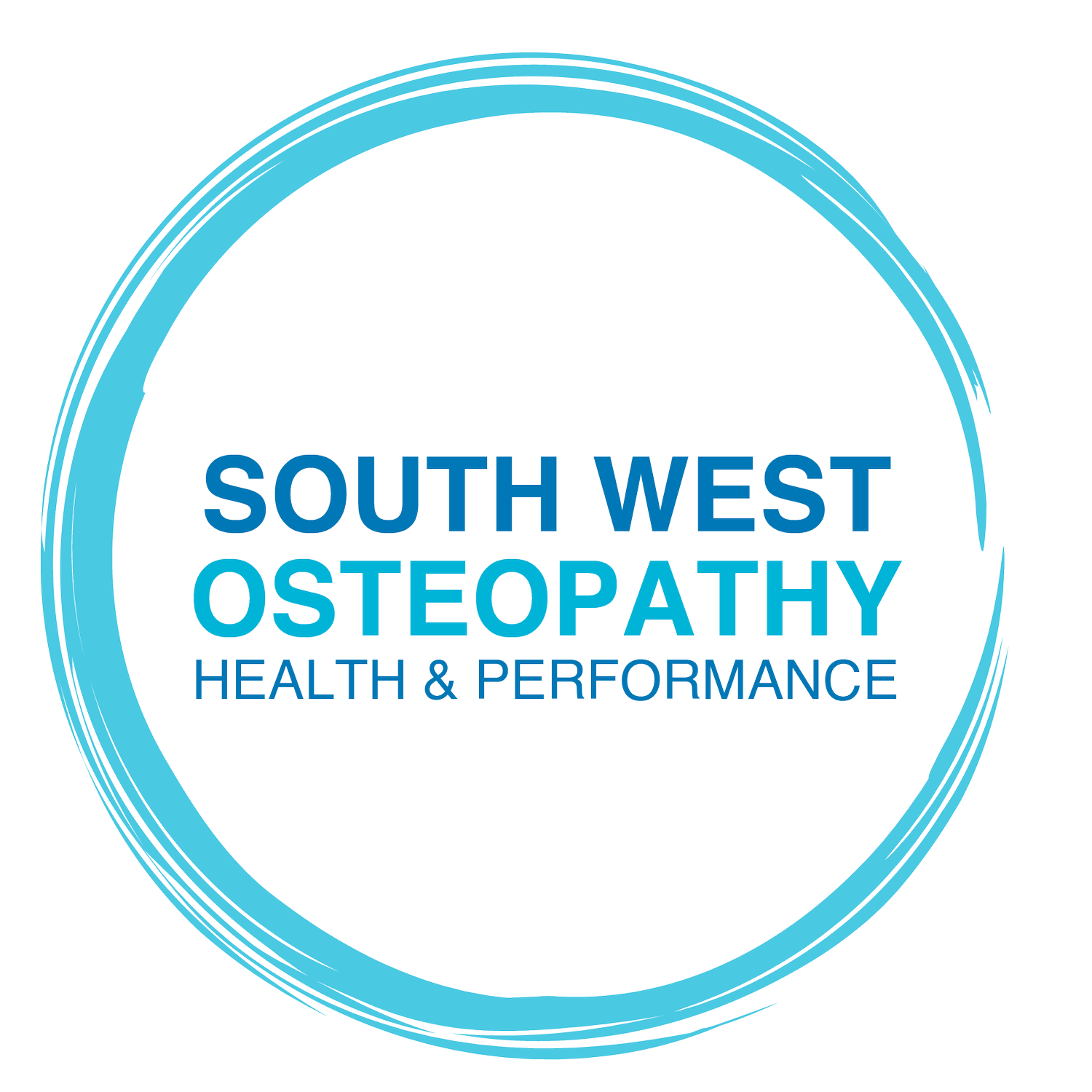What is Osteopathy?
Osteopathy plays a prominent role in the landscape of complementary and alternative medicine in the United Kingdom. Governed by the General Osteopathic Council (GOsC), practitioners are held to high standards of education, training, and professional behavior. Your osteopath typically completes a comprehensive four or five-year degree program in osteopathy, incorporating clinical practice. Founded on the principles laid down by Dr. Andrew Taylor Still, osteopathy has matured into a recognized healthcare profession with its own unique standing within the UK's healthcare framework.
What are the Principles of Osteopathy?
Interconnectedness of Structure and Function: This principle underscores the relationship between the body's structure (such as bones, muscles, ligaments, and organs) and its function (including movement, circulation, and nervous system activity). Osteopaths advocate for maintaining proper alignment and mobility of these structures to promote optimal health.
Innate Self-Healing Mechanisms: Osteopathy acknowledges the body's inherent capacity to heal itself. Through osteopathic interventions, practitioners aim to facilitate and support the body's natural healing processes by removing barriers to health and fostering optimal function.
Importance of Circulation: The Rule of the Artery principle emphasizes the vital role of blood flow and circulation in sustaining health. Osteopaths recognize that adequate blood flow is crucial for delivering oxygen, nutrients, and immune cells to tissues, as well as for eliminating waste products and toxins. Therefore, they prioritize techniques to enhance circulation to promote overall health and healing.
Holistic View of the Body: Osteopathy perceives the body as a unified entity, where all systems are interconnected and mutually influence one another. Dysfunctions in one area can impact other areas, prompting osteopathic interventions to address the body as a whole rather than isolated symptoms or body parts.
When is it appropriate to consult an Osteopath?
Individuals seeking osteopathic treatment have a variety of practitioners to choose from, including osteopathic physicians with medical degrees and osteopathic practitioners or manual osteopaths with specialized osteopathic training. Regardless of their title, all osteopaths in the UK adhere to the professional standards set by the GOsC.
Aligned with our multidisciplinary approach, our osteopaths take a holistic view, recognizing the body as an interconnected system where musculoskeletal health profoundly influences overall well-being.
Osteopathy can address various issues, such as:
Sports injuries
Arthritic pain
Back pain
Neck pain, headaches, and migraines
Concussion
Disc injuries
Sciatic nerve pain
Frozen shoulder or elbow pain
Joint pain and Lumber spine pain
Muscle spasms
And more...
What does a typical treatment entail?
During your sessions, your osteopath will employ hands-on manual techniques to evaluate and address various conditions, incorporating joint mobilization and soft tissue manipulation. These approaches aim to reinstate mobility, mitigate discomfort, and promote the body's innate healing mechanisms.
Treatment may encompass:
Rehabilitation services
Manual therapy
Joint mobilization and manipulation
Biomechanical assessments
Taping
Dry needling and acupuncture
Prescription of tailored exercises
And more...
Your initial appointment with one of our osteopaths will comprise a comprehensive musculoskeletal assessment, personalized treatment, and a discussion regarding the treatment plan tailored to your specific objectives.
Following the appointment, you will receive a personalized management plan detailing the recommended treatments, including any involvement from other members of our multidisciplinary team necessary for your care.
The Role of Osteopathy in the UK Healthcare System
Osteopathy holds a recognized place within the UK's National Health Service (NHS) as a beneficial therapeutic option. While many osteopaths operate in private clinics, an increasing number are also joining multidisciplinary healthcare teams within NHS settings, offering a complementary approach to conventional medical treatments.
Ongoing research in the UK continues to explore the efficacy of osteopathy, with some studies endorsing its effectiveness for various conditions. Patients across the UK frequently report positive outcomes and enhancements in their health following osteopathic treatment, contributing to the evolving evidence base.
In the UK, osteopathic practice extends beyond addressing musculoskeletal conditions, acknowledging the interconnectedness of bodily systems and the influence of structural imbalances on overall health. This comprehensive approach enables osteopathy to address a diverse range of health issues, from acute injuries to chronic ailments.
A notable aspect of osteopathic care is its recognition of the mind-body connection. Practitioners acknowledge that emotional and psychological factors can impact physical health, integrating these considerations into patient assessments and treatment plans. This aligns with the broader trend in the UK healthcare system, which emphasizes holistic approaches to patient care.
In summary, osteopathy in the United Kingdom is a regulated and esteemed healthcare profession that embraces holistic principles of self-healing and equilibrium. Through hands-on manual techniques, osteopaths address a wide array of health concerns while collaborating with conventional medical care. The integration of osteopathy into the UK healthcare system underscores its recognized value in promoting overall well-being and guiding patients towards health and vitality.



